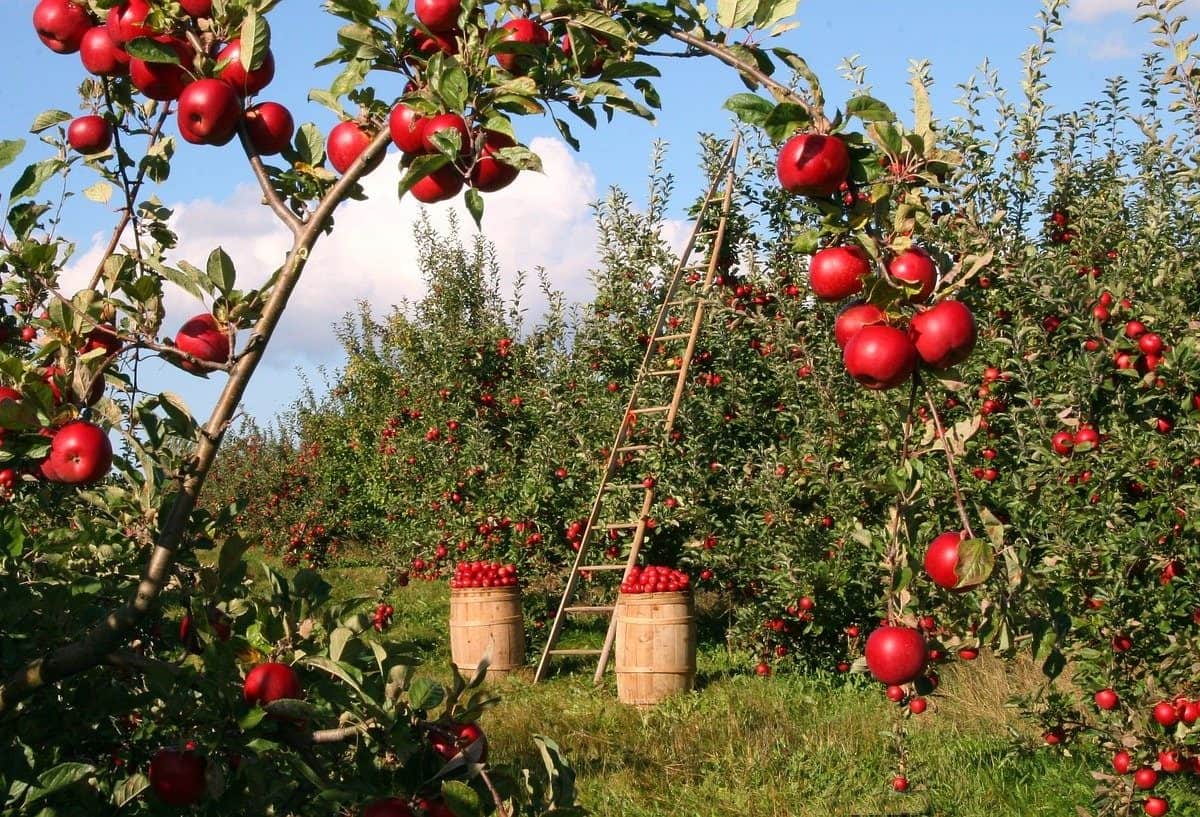Despite incentives at both Federal and State government levels, few Australian are taking up seasonal harvesting and picking work on Australia’s farms.
The resulting labour shortages will mean reduced crops, high levels of wastage of fresh produce and higher prices for consumers.
According to data from the Federal and Queensland governments, only around 500 people have taken up offers of incentives to go to regional areas for farm work during harvesting season.
Few backpackers and students available
Typically, much of this work is done by students and backpackers. However, due to border restrictions resulting from the pandemic, few are available this season.
Some workers have been brought in from the Pacific Islands under the Federal Government’s Seasonal Worker Program, but these are few in number and they must remain in quarantine prior to starting work.
The Federal Government’s Harvest Trail relocation assistance program — offering up to $6,000 to Australians who move to regional areas for harvest jobs – has so far only attracted just over 450 applicants.
Grave concern in southern Queensland
Similarly, a Queensland Government scheme that offers payments of up to $1 500 to would-be pickers has had only around 60 applicants.
In the Granite Belt of Queensland, where peak-season harvesting is due to start in February, there is now grave concern. The Granite Belt is centred on the town of Stanthorpe in southern Queensland.
“I think we’re going to see increased pressure across the board on our available labour,” Granite Belt Growers Association President, Angus Ferrier, told the ABC.
“We would need hundreds of people to pick apples alone, let alone all the other fresh fruit and veg that’s grown here.”
He added: “It’s pretty underwhelming to think that we’ve [just] cracked 500 Aussies who are willing to relocate to regional areas to fill these roles.”
Emphasises reliance on international labour
Ferrier told the ABC this was not a criticism of Australians living in the major cities, but the predicament served to emphasise how farmers are reliant on international labour.
Recently vegetable growers in Victoria’s Lindenow Valley had to dump large quantities of celery due to a drastic shortage of seasonal workers.
To meet supermarket certification, celery crops must be picked within a specified timeframe, which proved impossible without sufficient numbers of workers.












